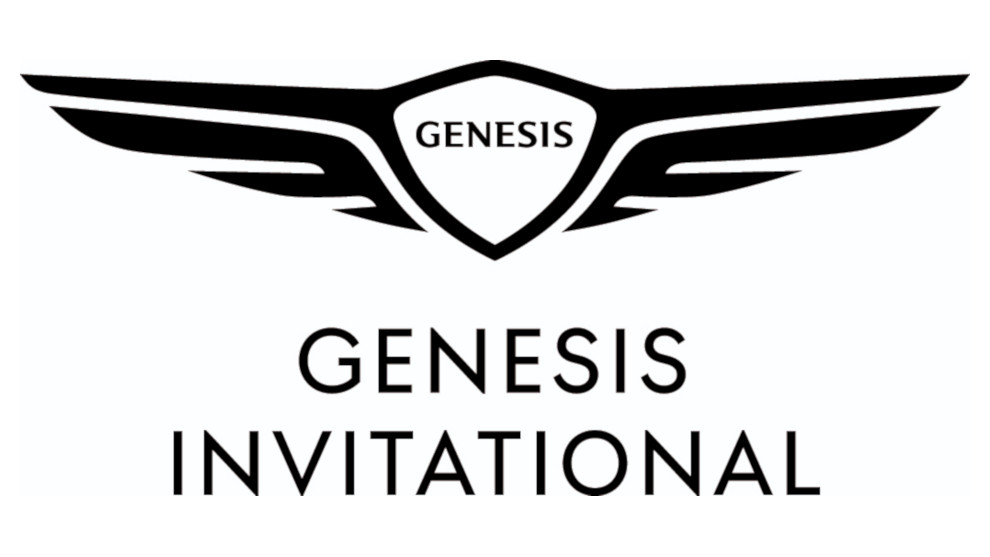This week, the first-ever The Genesis Invitational is being played at Riviera Country Club, near Los Angeles in Pacific Palisades, Calif.
If you're thinking the tournament name sounds different from recent years, that's because it is. Genesis, which is the luxury car division of Hyundai, had been a sponsor of the tournament from 2017-2019, with the tournament known as the Genesis Open. The company took over from Northern Trust, which had their name on the Northern Trust Open for nine years.
However, in 2020, the old Los Angeles Open is now known as The Genesis Invitational, reflecting an upgrade in the tournament's status in the eyes of the PGA Tour.
Let's go over some of the changes, beyond the name, that made the Genesis Open into The Genesis Invitational.
Elevated status of The Genesis Invitational
Tiger Woods has been host of the Genesis Open, and now he's become the host of The Genesis Invitational. That's not changing.
However, the field size of the tournament is getting smaller. The Genesis Open, and its variations before that, was an open field event. It had a Monday qualifier, with four players getting into the field via that 18-hole event, rounding out a 144-player field. Now that the tournament is The Genesis Invitational, the field is 120 players and invited via a different set of criteria.
Many top players who had competed in the past complained the larger field and the shorter days of early February were a bad combination, leading to rounds spilling over into the next day. This means players are less likely to skip out on the event for that reason.
The purse has also been increased, by $2 million to $9.3 million. This puts the event's purse squarely in the company of the World Golf Championships, FedEx Cup playoffs and the other elevated invitationals, the Memorial Tournament and Arnold Palmer Invitational.
Winning The Genesis Invitational not only means more money to the winner, but it also means a longer PGA Tour exemption. Typically, winning on the PGA Tour means a two-season exemption. However, winning the elevated invitationals and the WGCs means a three-season exemption for a player.

